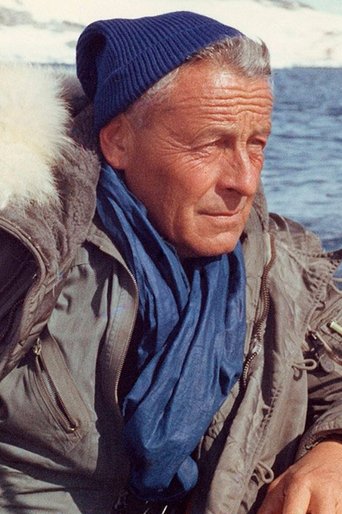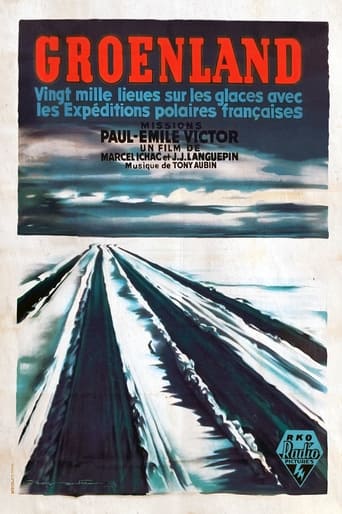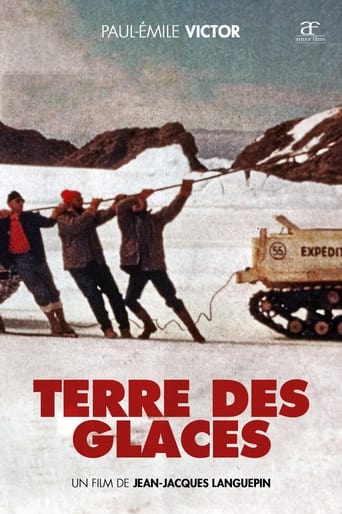

Paul-Émile Victor
Paul-Émile Victor, born Paul Eugène Victor on June 28, 1907 in Geneva and died in 1995, is a polar logistician recognized throughout the world. As a child, Paul-Émile Victor practiced scouting in the Jura and later headed for engineering studies at the École centrale de Lyon, then in Paris in 1926, to study at the Musée d'ethnographie du Trocadéro. At the same time, he obtained his pilot's license. In January 1934 at the Academy of Sciences he approached one of the big names in French polar exploration, Commander Jean-Baptiste Charcot, to whom he presented an ethnographic expedition project: Studying the “Eskimos” of Eastern Greenland and bring back to Europe information and objects embodying the culture of this population just discovered by Westerners. Charcot supports the operation, and will finance the “French Expedition 1934-35 on the east coast of Greenland”. On August 25, 1934, Paul-Émile Victor disembarked from the polar ship “Pourquoi-Pas?” in the Danish counter of Ammassalik, accompanied by anthropologist Robert Gessain, geologist Michel Perez and filmmaker Fred Matter-Steveniers. “The Greenland Four” will spend a year in the field, collecting valuable information from some 800 Eskimos. They brought back from their journey 3,500 ethnographic pieces, sound recordings of traditional songs, an ethnological film and thousands of photos. In 1935, a major report entitled “Twelve months on the ice” even appeared in the daily Paris-Soir. He leaves with a new mission, baptized “TransGroenland 1936”, with Robert Gessain, Michel Perez and the Dane Eigil Knuth consists of crossing the Greenland ice cap from west to east. Paul-Émile, who will be nicknamed "Wittou" by the Eskimos of Kangerlussuatsiaq will explore the icy expanses of the hinterland of Ammassalik, unmapped until then. In 1939, Paul-Émile took his doctor-biologist friends Michel and Raymond Latarjet on a tour of Finnish, Norwegian and Swedish Lapland. When the war broke out, he was assigned to the French Embassy in Stockholm, before obtaining funding in October 1940 for an ethnographic study mission to the United States and South America. The war in Europe caught up with him and he enlisted in 1942 as a soldier in the US Air Force with the rank of captain. In 1947, the Council of Ministers approved “the carrying out of French polar expeditions in Arctic and Antarctic lands”, and entrusted the ethnologist with their organization. For nearly thirty years, between 1947 and 1976, he led the "French Polar Expeditions" - Missions Paul-Émile Victor. During this time, he will have led seventeen expeditions to Adélie land and fourteen to Greenland. After becoming general delegate of the Foundation for the Protection of Nature, he decided to create the Paul-Émile Victor Group in 1974, which aims to work for the defense of man and the environment. In 1977, just after retiring from administration, he moved with his second wife to their Polynesian island, on the lagoon of Bora-Bora. It was there that he died in 1995, at the age of 87, not without having made two last expeditions in 1987: one to Adélie land, the other to the North Pole, with the ULM expedition of Nicolas Hulot and Hubert of Chevigny.
Read bio at tmdb | Read bio at Wikipedia
- Born:
- Jan 28, 1907 In Genève, Switzerland
- Movie/TV Credits:
- 4
- First Appeared:
- In the movie Terre de Glaces 1949-01-01
- Latest Project:
- Series Champs-Elysées 1982-01-16
| Series | Champs-Elysées | Self | 1982-01-16 |
| Series | Apostrophes | Self | 1975-01-10 |
| Movie | Greenland | Self | 1952-04-23 |
| Movie | Terre de Glaces | Self | 1949-01-01 |



